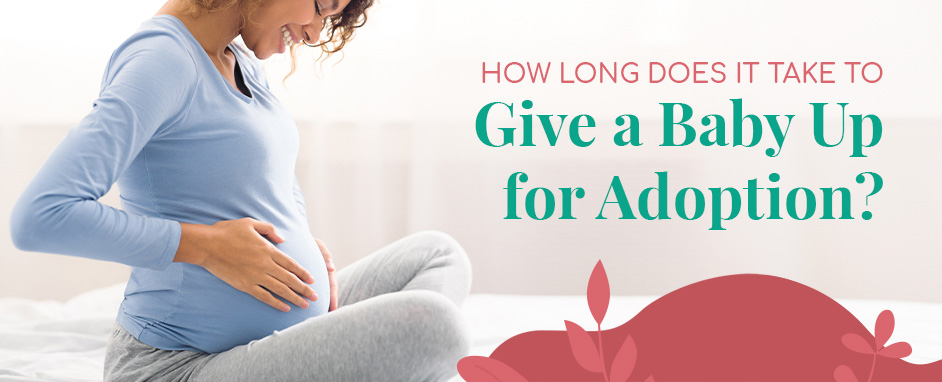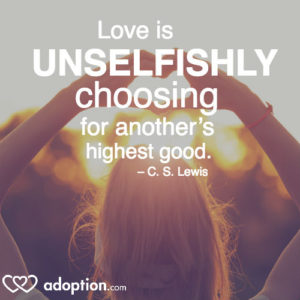November 17, 2015
Older Children in Foster Care: Facts
In light of this year’s National Adoption Month focusing on the adoption of teens from foster care, we wanted to share a few facts about what it’s like to be a teen in foster care. There are a lot of assumptions about who these kids are, how they behave, what their backgrounds are like, and what they’re capable of achieving. The bottom line is that they need our support and love more than ever, so the more we can spread their truth, the greater chance we have to help them thrive once they’ve aged out of the system.
In 2013, more than 23,000 teens aged out of foster care, because they had turned 18 and had not yet been placed in a home or reunited with their family. That means that they legally became no one’s responsibility, and likely had no one to call family or help take care of them.
Foster youth suffer from PTSD at twice the rate of war vets.
Only 3% of children who were in foster care have a bachelor’s degree, vs. 28% of other 25-35 year olds. You can imagine how that affects finding a job, which affects finding a place to live, and even being able to take care of their own basic needs. Let alone the initial Herculean task of having someone in their life who can guide them through the college application process and support any endeavors toward higher education.
1 in 5 foster children will be homeless for at least one day in the first year after they age out of care. Can you imagine there being a 20% chance that you would be homeless within the first year of losing your entire support system?
Only 4% of foster care children are living in a pre-adoptive home. Nearly 50% live in a foster care home with someone to whom they are not related.
Only 1/2 of foster care teens who age out of the system will be employed by the time they’re 21.
71% of foster care women who age of the system will be pregnant by the time they’re 21. If they’ve aged out and are lacking a support system, imagine how difficult it must be to gather the resources and community to begin parenting on one’s own.
Getting these kids out of the system and into homes will save their lives, and give them opportunities for success that they may deeply struggle to come by otherwise. No one is ever too old for a family.


